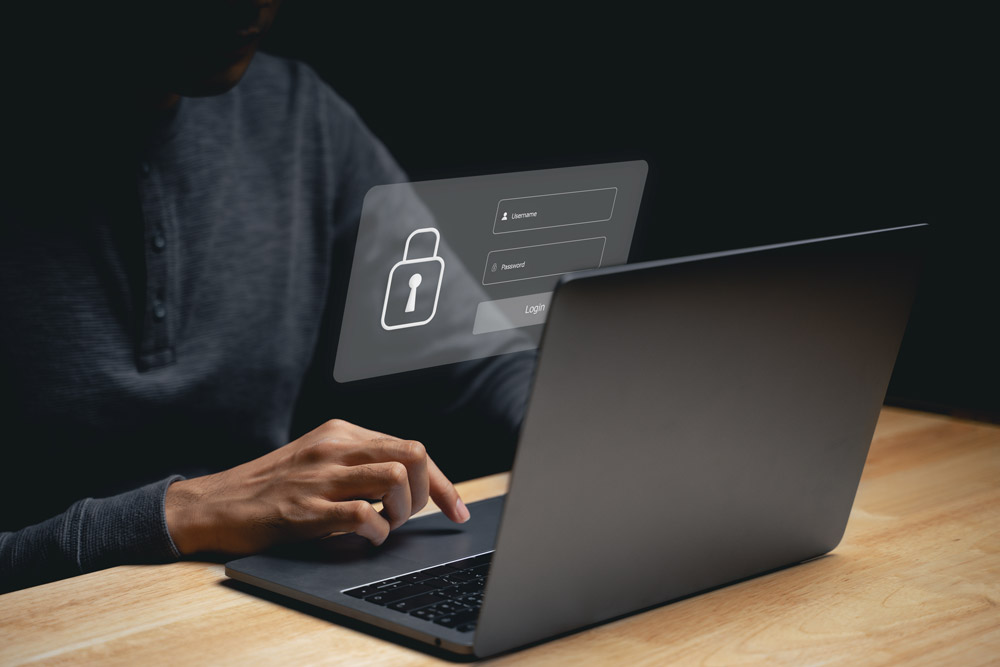Your online accounts i.e. your usernames and passwords, are like the keys to your online life. You must make sure they are secure at all times and don’t get into the wrong hands. After all, you wouldn’t leave your house keys lying around!
But what if someone has gained access to your online accounts without you knowing?
The reality is that data breaches are fairly common and even large, established businesses can be affected. This means unfortunately, your login details can end up in the wrong hands.
If you want to know if you have been a victim of a data breach, there is a great tool you can use.
It’s called Have I been Pwned and it’s a website that will tell you instantly if your online details have been leaked.
Simply go to haveibeenpwned.com and enter either your email address or phone number. It will then search its massive database and let you know if your details have been compromised. The site will even tell you the exact websites or apps that leaked your details.
I’m on the list – What do I do?!
First stop is, not to panic. Although your email or phone has been leaked, this doesn’t necessarily mean that your full login details have been. As mentioned above, data breaches are fairly common.
However, you do want to be secure, so here are the steps you should take.
1. Reset any passwords affected
Go to the websites listed and make sure to reset your passwords to a new, secure password (At least 8 characters, include capital and lower case, special characters).
2. Consider having a different ‘forgotten your password email address’
If available, consider setting up a different account for your ‘forgotten your password’ email address with a very secure password. This will ensure people won’t be able to go in and change your passwords if your main email account is compromised.
3. Don’t have the same password for everything!
It goes without saying that having the same password for multiple accounts is very poor security. Having a different password for every account means that damage is limited just to that one website.
4. Use a password manager
The best way to have a unique and secure password for every account is to use a dedicated password manager that will save your passwords in an encrypted format. You can use either offline or online options, the choice is yours. Options include KeePass, Lastpass and Roboform.
Do you need help with making sure your IT systems are secure?
Coretek are experts in IT security and have helped a range of businesses across different industries improve their security and safeguard their business. If you are interested in checking your IT systems are secure, get in touch with us today.

